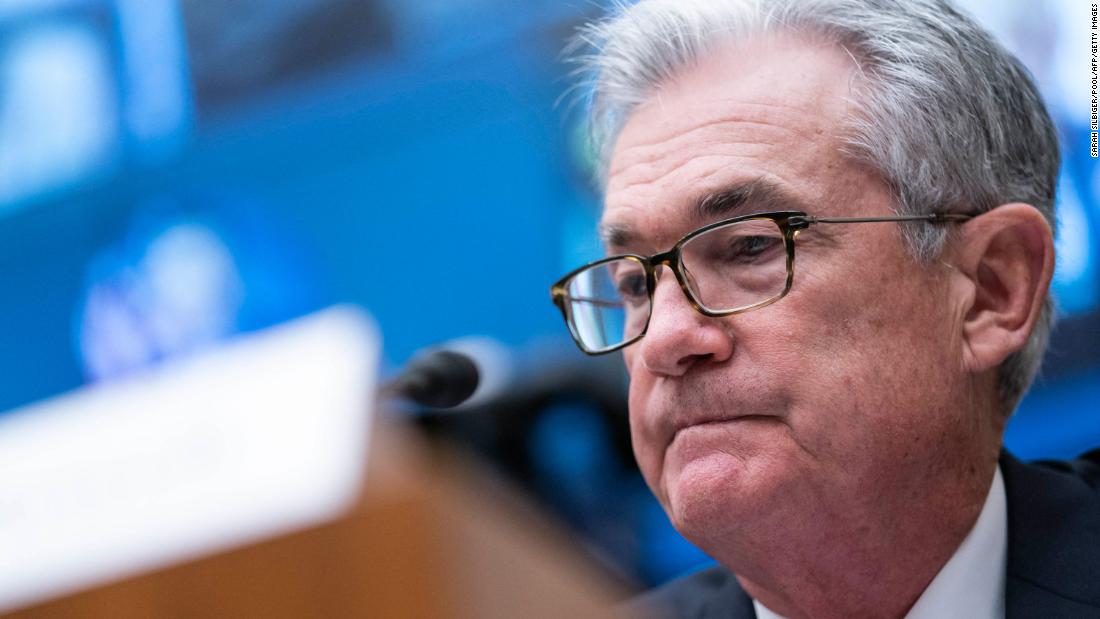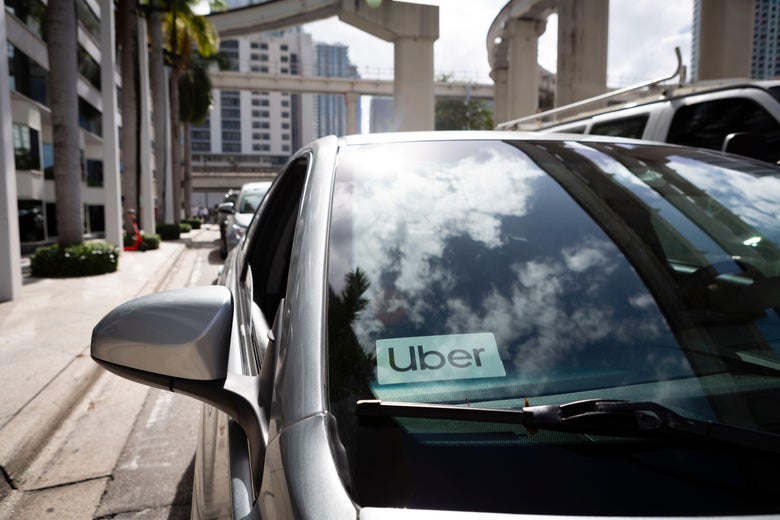The 'era of cheap money' is coming to an end
Now what does this mean for businesses?

For more than a decade - central banks have been stimulating the world's economy back to life (the plan of choice after the 2008 financial collapse) by keeping interest rates very, very, stupidly low.
That's 14 years of very cheap money.
This unusual economic situation resulted in something quite extraordinary; when combined with the boom in technology, it created the perfect conditions for the rise of the modern phenomenon of 'unicorns' - technology-driven companies that attracted huge amounts of venture capital money (i.e. cheap money looking for a return), which these companies used to essentially capture the market by radically subsiding the price of their products and services.
UBER is a good example of this.
The UBER strategy was simple - using cheap money from funders, flood the marketplace with ultra-low priced taxi rides, kill the competition, own the data of millions of users and over time slowly increase prices; to eventually at some point... eek out a small margin gain resulting in profitability.
This idea became a new model - a benchmark - for funding innovative ideas; and a lot of Silicone Valley startups jumped on the bandwagon to do exactly the same thing.
But the 'era of cheap money' is quickly coming to an end.
Inflation is making a strong comeback and around the world, interest rates are rising. People who have capital are becoming far less willing to take a wild punt on a startup when they can earn real interest elsewhere (in places that tend to be viewed as a lot more boring...like bonds and debt).
Goodbye cheap UBER
One of the 'important-to-note' consequences of this is that the price of UBER is on the rise.
Without easy access to cheap money, UBER needs to now become 'a proper business' and try earn some kind of a profit instead of just trying to acquire new customers. The UBER service will becoming increasingly more and more expensive from now on.
What does this also then mean?
- Does this then also mean that those that sold their cars to rather use UBER will be back in the market to buy another car soon?
- Will more people return to their old drunk driving ways?
- Is this an opportunity for public transport entities to try and fill the UBER gap that is starting to emerge with an acquisition strategies of their own?
- Is the era of easy-VC-money, chasing any startup with a fancy enough sounding elevator pitch, over?
- Is the era of cheap money-fuelled 'exponential growth and scale' over?
More:





